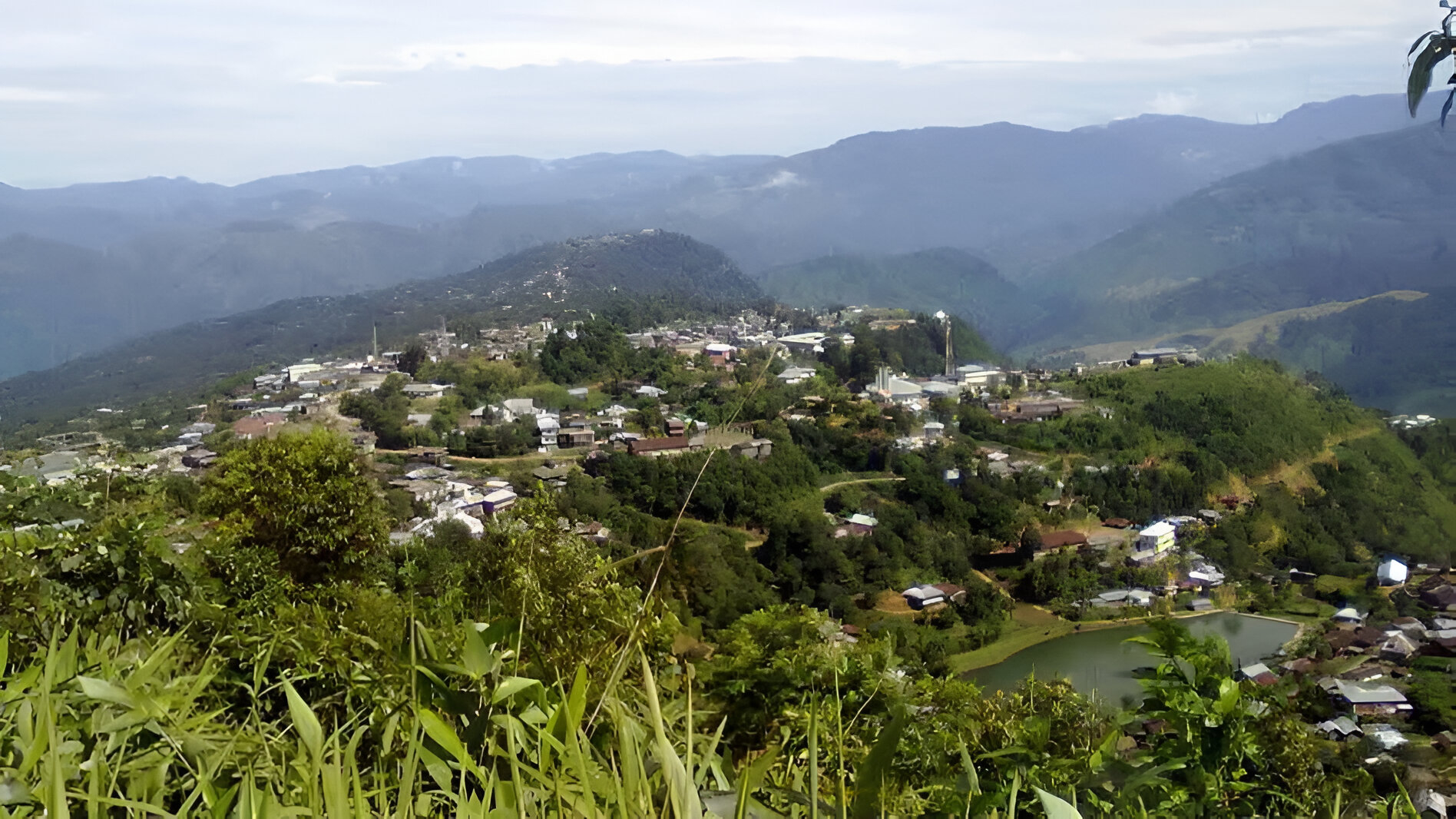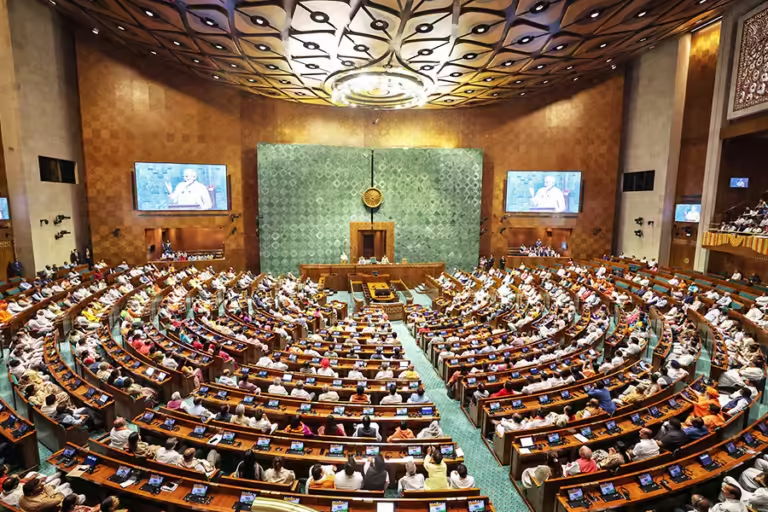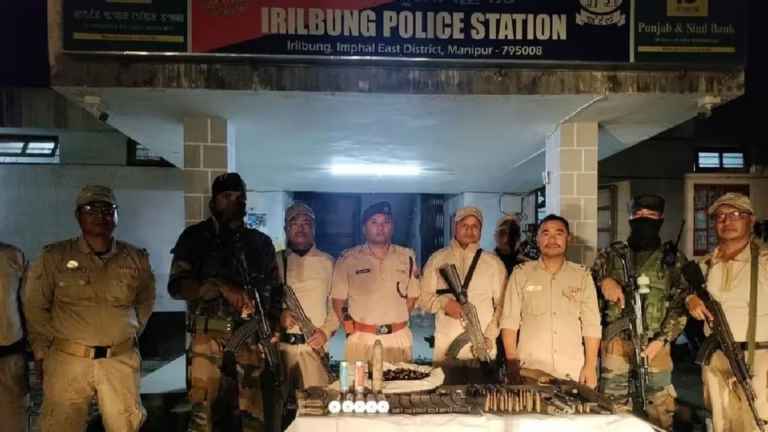13 Political Parties in Manipur Demand Delimitation Halt Until 2001 Census Errors Are Rectified
In a significant political development, representatives from 13 political parties in Manipur convened in Imphal to urge the central government to postpone the state’s delimitation exercise. Their primary concern revolves around alleged inaccuracies in the 2001 Census data, which they believe could adversely affect the delimitation process. Notably, both the Bharatiya Janata Party (BJP) and the Indian National Congress abstained from this meeting.
Understanding Delimitation and Its Significance
Delimitation refers to the act of redrawing the boundaries of electoral constituencies to ensure equitable representation based on population changes. This process is vital in a democratic setup as it ensures that each vote holds equal weight, reflecting shifts in demographics over time.
Historical Context: Delimitation in Manipur
Historically, the delimitation process in Manipur, as well as in other northeastern states, has faced multiple challenges. In 2020, a presidential order lifted the deferment on delimitation in Arunachal Pradesh, Nagaland, and Manipur. However, due to various concerns, including data accuracy and prevailing law and order situations, the exercise has been delayed.
The Crux of the Current Demand
The coalition of 13 parties emphasizes that the 2001 Census data contains significant errors that could lead to unfair representation if used as the basis for delimitation. They advocate for a postponement of the process until these discrepancies are addressed. Furthermore, they propose deferring delimitation until after the 2026 national exercise, which would utilize updated and presumably more accurate census data.
Political Dynamics: Absence of Major Parties
The absence of the BJP and Congress from this meeting is noteworthy. Their non-participation could indicate differing perspectives on the issue or strategic political positioning. The coalition has extended an invitation to these major parties to join subsequent discussions, highlighting the importance of a unified stance on such a critical matter. India Today NE
Supreme Court’s Involvement and Directives
The Supreme Court, on March 17, 2025, granted the central government a three-month window to conduct the delimitation exercise in Arunachal Pradesh, Nagaland, and Manipur. This directive underscores the judiciary’s intent to expedite the process, adding another layer of complexity to the political deliberations. India Today NE
Civil Society’s Perspective
Beyond political entities, civil organizations, notably the Meitei group COCOMI, have voiced concerns about proceeding with delimitation without first implementing the National Register of Citizens (NRC). They argue that identifying and addressing the issue of illegal immigrants in electoral rolls is paramount to ensure the integrity of the delimitation process.
Ethnic Tensions and Their Implications
Manipur has been marred by ethnic violence, particularly between the Meitei and Kuki-Zo communities, resulting in over 250 fatalities and the displacement of thousands since May 2023. These tensions have further complicated the delimitation discourse, as equitable representation becomes even more critical in such a volatile environment. India Today NE
Imposition of President’s Rule
The central government’s decision to impose President’s Rule in Manipur on February 13, following the resignation of Chief Minister N Biren Singh, has added to the state’s political instability. With the legislative assembly under suspended animation, the administrative vacuum poses additional challenges to conducting a fair and transparent delimitation process. India Today NEIndia Today NE
Conclusion
The demand by 13 political parties to halt the delimitation process until the rectification of the 2001 Census errors underscores the complexities of balancing democratic processes with ground realities. Ensuring accurate representation is paramount, but it must be approached with sensitivity to the state’s socio-political fabric. As Manipur navigates these challenges, collaborative efforts from all stakeholders will be essential to uphold the principles of democracy and justice.
FAQs
- Why is delimitation important in a democratic setup?
- Delimitation ensures that electoral constituencies represent population changes accurately, maintaining the principle of “one person, one vote” and ensuring fair representation.
- What are the alleged errors in the 2001 Census concerning Manipur?
- Specific details about the errors haven’t been publicly detailed, but concerns generally revolve around inaccuracies that could lead to disproportionate representation if used for delimitation.
- How does President’s Rule affect the delimitation process?
- Under President’s Rule, the state’s legislative assembly is suspended, and the central government assumes direct control, which can impact the execution of processes like delimitation due to administrative and political shifts.
- What is the National Register of Citizens (NRC), and why is it relevant here?
- The NRC is a register intended to document all legal citizens of India. Implementing it aims to identify illegal immigrants, ensuring that only eligible individuals are considered in electoral processes like delimitation.
- Why did the Supreme Court set a three-month deadline for delimitation?
- The Supreme Court aims to expedite the long-pending delimitation process to ensure timely and fair representation, addressing delays that have persisted despite earlier directives.





